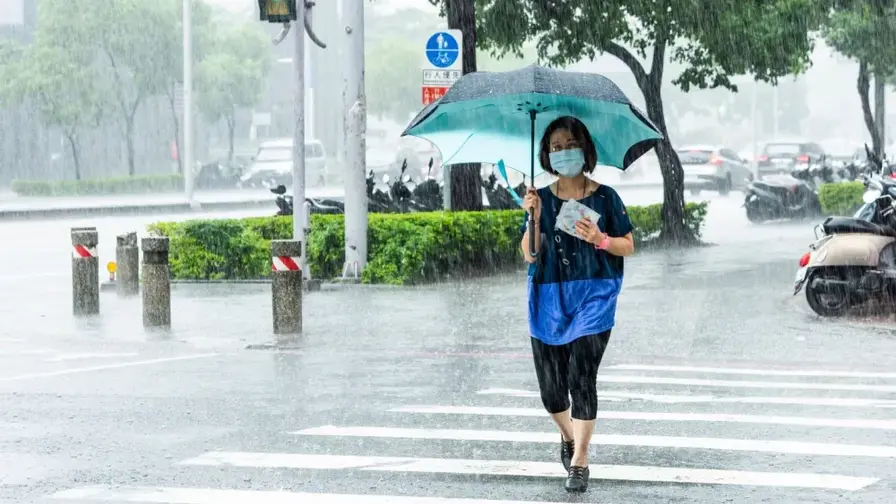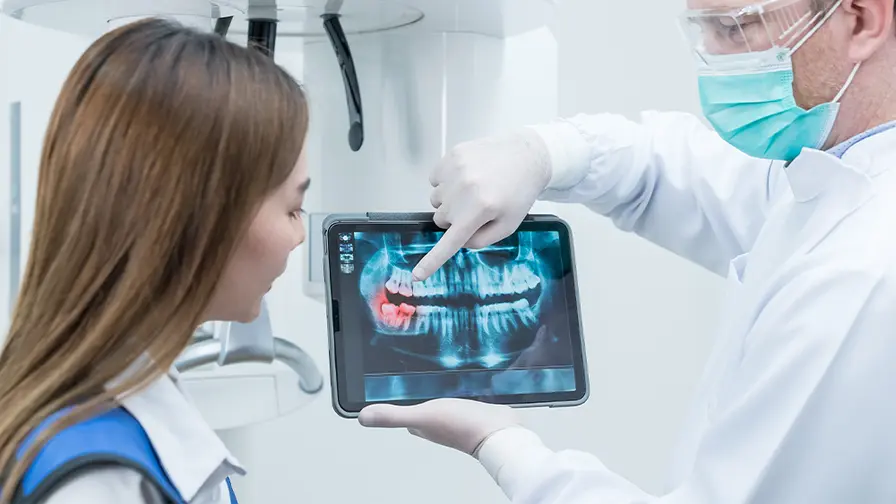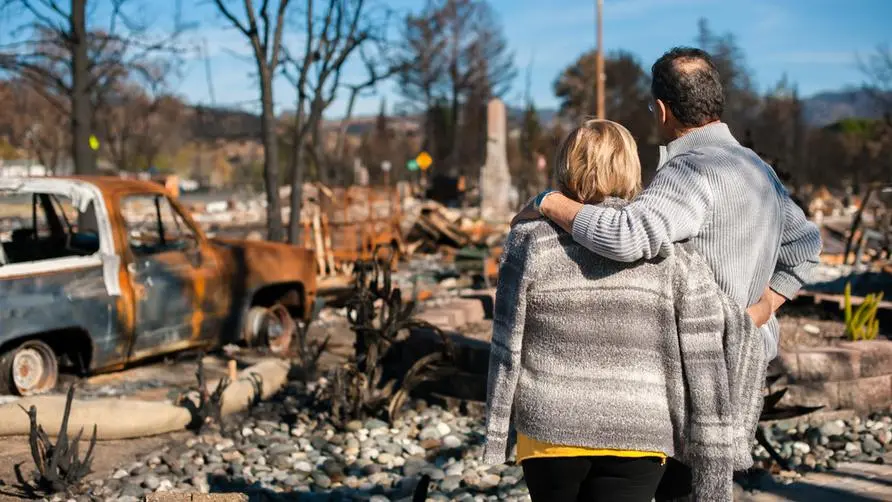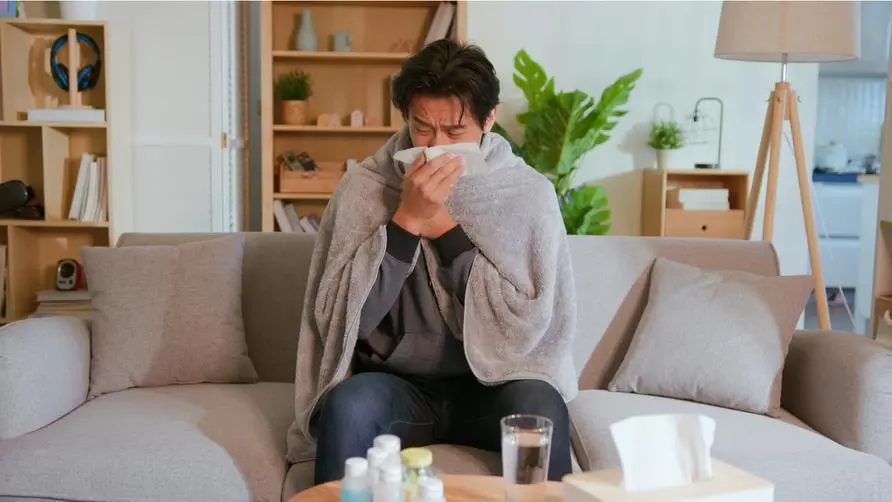Beware of infectious diseases spreading after the typhoon! Doctors urge: "8 things" you must do to avoid harming your health

The strong typhoon “Santa Er” is heading towards Taiwan. The Central Meteorological Administration said that the typhoon is moving slowly and may continue to affect Taiwan until the first half of Thursday. In addition to typhoon prevention measures such as stocking up on food in advance and reinforcing doors and windows at home, people should also pay attention to potential health risks after the typhoon.
Dr. Zhang Andi, director of Jia’an Medical Clinic, pointed out in a social post that residents in disaster-stricken areas face many potential health risks and medical issues after the typhoon. Among them, the following eight points deserve the public’s close attention:
Food and drinking water safety.
These can be divided into “drinking water pollution” and “food safety”: drinking water needs to be boiled or filtered, disinfected and other measures must be used to ensure drinking water safety; in addition, consumption of contaminated food should be avoided to prevent food-borne diseases. Since fish and other seafood are all over the road due to stagnant water, do not pick them up and cook them to avoid ingesting contaminated water and parasites.
Prevention and treatment of infectious diseases.
Post-typhoon disasters can easily cause the spread of germs, which can be divided into water-borne infectious diseases (such as cholera, dysentery, typhoid, etc.) and mosquito-borne diseases. Standing water can become a breeding ground for mosquitoes, increasing the risk of mosquito-borne diseases such as dengue fever and malaria.
Trauma Accidental Injury.
Cleaning up debris and buildings may result in cuts, abrasions, fractures, etc. If there are wounds, they should be treated and disinfected in time to prevent infection. In addition, attention should be paid to broken wires and water-soaked electrical equipment, which may lead to electric shock accidents.
Management of chronic disease.
Typhoons may interrupt the pharmaceutical supply chain, so in addition to stocking up on food, patients with chronic diseases need to ensure that they have adequate medicine reserves and check them regularly.
Pay attention to mental health.
Disasters caused by typhoons may cause psychological problems, such as post-traumatic stress disorder (PTSD), anxiety, depression, etc. If you are aware of your own emotional changes, you should communicate with your relatives and friends, or seek psychological counseling to provide psychological support and counseling to help the victims overcome their psychological difficulties.
Health facilities management.
In terms of toilets and sanitary facilities, they should be ensured to be clean and functioning properly to prevent the spread of diseases. In addition, people should also actively dispose of garbage to avoid environmental pollution and the breeding of disease vectors.
Emergency medical measures.
Relevant units should dispatch medical teams into disaster areas to provide emergency medical rescue and public health guidance, and ensure the supply of medical supplies, disinfectants, first aid equipment, etc., to support post-disaster rescue efforts. If the public encounters force majeure personal injury, they should also contact the medical unit to seek treatment as soon as possible.
Strengthen vaccination.
Especially for diseases such as tetanus and hepatitis A, vaccination should be strengthened to reduce the risk of disease outbreaks.
Finally, Dr. Andy Zhang emphasized that medical and health issues after a typhoon are diverse and complex, and recommended that affected households seek medical assistance as soon as possible to avoid endangering personal health. In addition, after the typhoon, you can take the initiative to care for and help friends around you who are suffering from post-disaster reconstruction, so as to tide over the post-disaster difficulties together.
Further reading:





